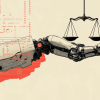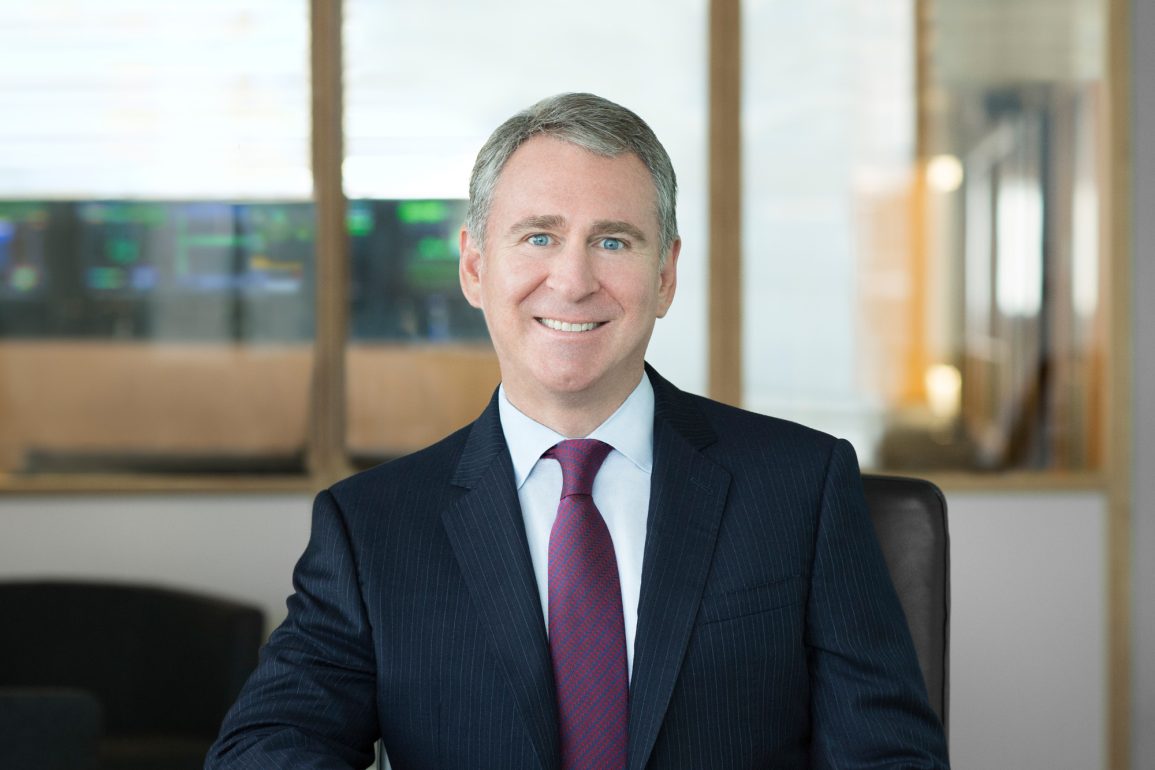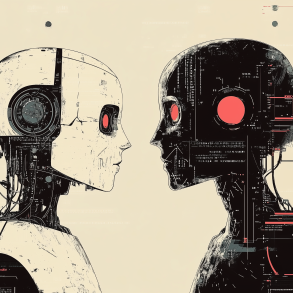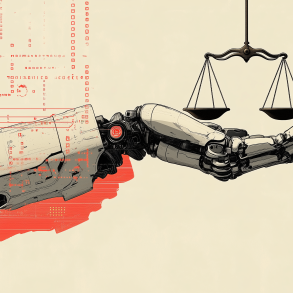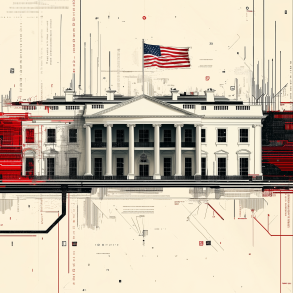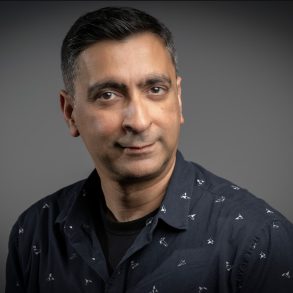Ken Griffin, founder and CEO of Citadel, expressed his skepticism about the potential of artificial intelligence to render human jobs obsolete in the near future, citing flaws in machine learning models in certain applications. Speaking at an event for Citadel’s new class of interns in New York, Griffin stated,
We are at what is widely viewed as a real inflection point in the evolution of technology, with the rise of large language models. Some are convinced that within three years almost everything we do as humans will be done in one form or another by LLMs and other AI tools. For a number of reasons, I am not convinced that these models will achieve that type of breakthrough in the near future.”
The rapid advancement of AI has sparked global discussions about its societal impact, including the potential for technology-driven job losses. Elon Musk, CEO of Tesla, has been vocal about the dangers of AI, describing it as “more dangerous” than nuclear weapons and predicting a future where “no job is needed.”
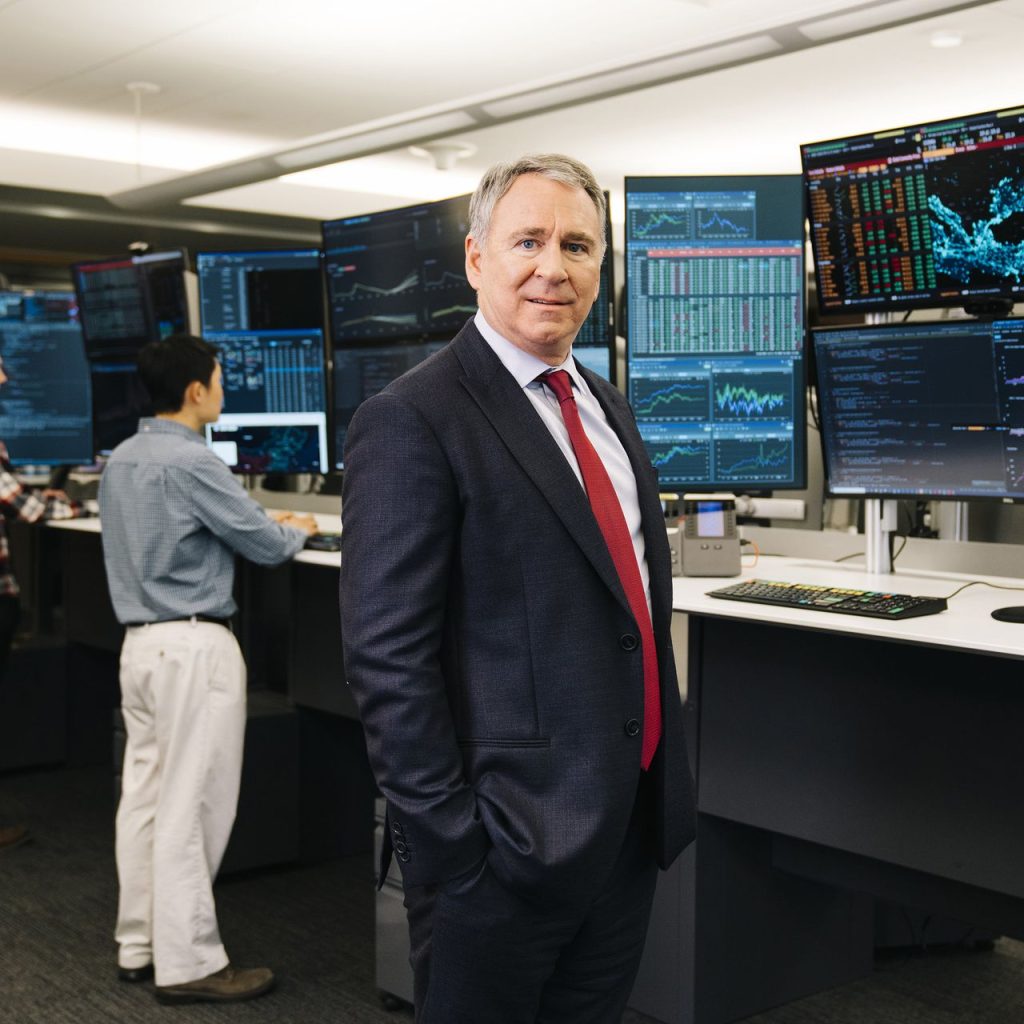
Griffin, whose hedge fund and electronic market maker have been leaders in automation, acknowledged the limitations of machine-learning tools, especially in adapting to changing conditions. “Machine learning models do not do well in a world where regimes shift. Self-driving cars don’t work very well in the North due to snow. When the terrain changes, they have no idea what to do,” Griffin noted. “Machine learning models do much better when there’s consistency.”
Despite his reservations, Griffin believes in the long-term power of advanced technology and foresees significant breakthroughs, particularly in healthcare. “The rise of computing power is allowing us to solve all kinds of problems that were just simply not solvable five, 10, 15 years ago,” he said. “This is going to radically transform healthcare. We will end cancer as you know it in your lifetime.”
Citadel has a strong focus on recruiting talent and is known for entrusting significant responsibilities to young employees, including interns. The firm’s internship program is highly competitive, with over 85,000 applicants vying for about 300 positions this year, resulting in an acceptance rate of less than 0.5%, lower than those of Harvard University and the Massachusetts Institute of Technology.
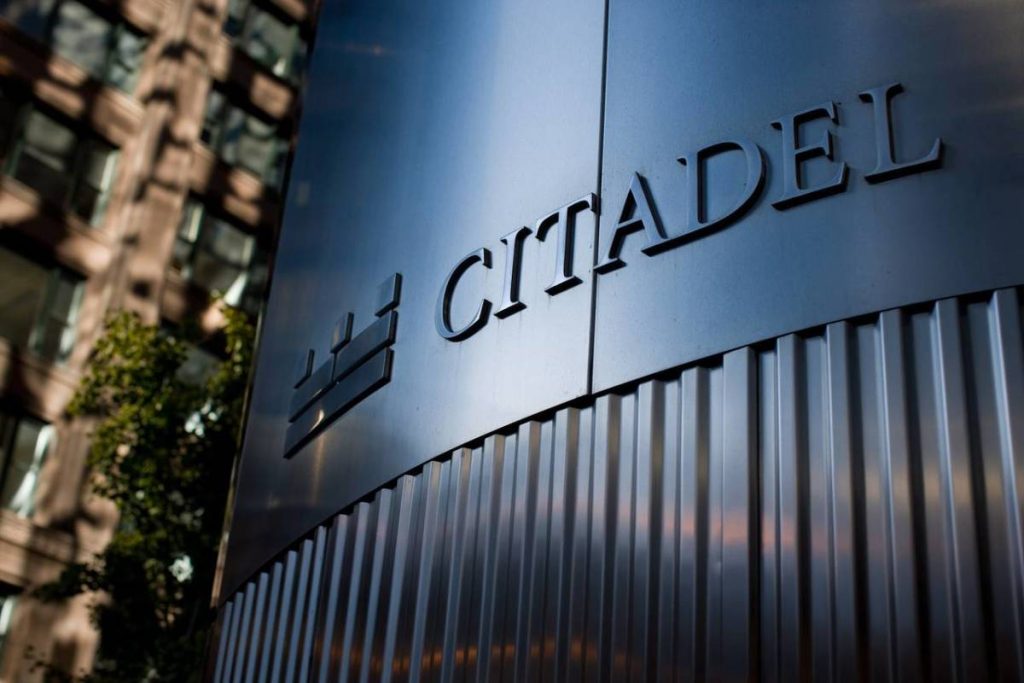
“The people we hire today are going to be the leaders of Citadel not in 30 or 40 years, but in just a few years,” Griffin emphasized.

